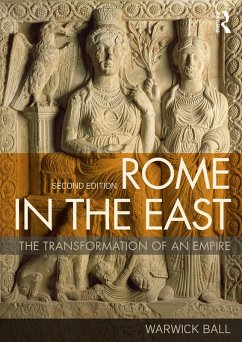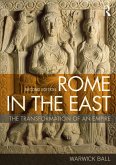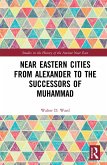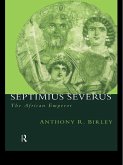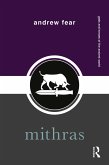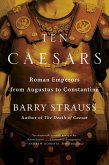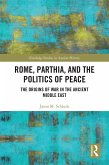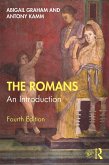Warwick Ball presents the story of Rome in the light of Rome's fascination with the Near East, generating new insights into the nature and character of Roman civilisation, and European identity from Rome to the present. Near Eastern influence can be seen to have transformed Roman Europe, with perhaps the most significant change being the spread of Christianity. This new edition is updated with the latest research and findings from a range of sources including field work in the region and new studies and views that have emerged since the first edition. Over 200 images, most of them taken by the author, demonstrate the grandeur of Rome in the East. This volume is an invaluable resource to students of the history of Rome and Europe, as well as those studying the Ancient Near East.
Dieser Download kann aus rechtlichen Gründen nur mit Rechnungsadresse in A, B, BG, CY, CZ, D, DK, EW, E, FIN, F, GR, HR, H, IRL, I, LT, L, LR, M, NL, PL, P, R, S, SLO, SK ausgeliefert werden.
- Professor Paul Newson, American University of Beirut, Lebanon
"The new version of Rome in the East is still a major scholarly achievement worthy of praise for its wealth of detail on architecture, urban planning, religious cults, and so on ... the book is still outstanding in its scope and detail. Anyone reading it will learn a great deal about the culture and history of the Roman Near East."
- Professor Lee E. Patterson, Eastern Illinois University, USA, in the Bryn Mawr Classical Review
"The first edition of this book, published in 2000 (CH, Sep'00, 38-0450), was a Choice "Outstanding Academic Title." This second edition has all the virtues of the first brought up to the present, when many of the monuments it illustrates are threatened by war. Ball is a Near Eastern archaeologist who approaches the Roman Empire with an outsider's optics. His book is not only the best compendium of the archaeological remains of the Roman East, it also sets forth his thesis, once again: in the competition between the cultures of eastern and western portions of the Roman Empire, the east won ... For researchers, graduate students, upper-level undergrads and, perhaps, the general reading public."
- J. A. S. Evans, University of British Columbia

